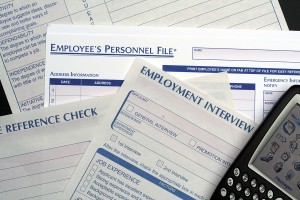The Third Circuit Court of Appeals recently reinstated an employee’s class action overtime pay lawsuit under Fair Labor Standards Act (FLSA) and the New Jersey Wage and Hour Law (NJWHL). In doing so it recognized successor companies can be liable for their predecessors’ overtime violations, and individual owners and supervisors can be held personally liable under both of those laws.
 Patricia Thompson was hired by Security Atlantic Mortgage Company as a mortgage underwriter in June 2009. Security Atlantic quickly assigned her to provide training at a related company, Real Estate Mortgage Network (REMN). In February 2010, Security Atlantic stopped doing business and Ms. Thompson began working directly for REMN. Otherwise, her job and the business remained essentially the same.
Patricia Thompson was hired by Security Atlantic Mortgage Company as a mortgage underwriter in June 2009. Security Atlantic quickly assigned her to provide training at a related company, Real Estate Mortgage Network (REMN). In February 2010, Security Atlantic stopped doing business and Ms. Thompson began working directly for REMN. Otherwise, her job and the business remained essentially the same.
Ms. Thompson claims Security Atlantic and REMN both failed to pay her and other mortgage underwriters time-and-a-half when they worked more than 40 hours per week, in violation of both the FLSA and the NJWHL. Specifically, she alleges mortgage underwriters worked through lunch and at home to complete their assignments on time, but were not paid overtime because the companies misclassified them as exempt employees.
 New Jersey Employment Lawyer Blog
New Jersey Employment Lawyer Blog

















